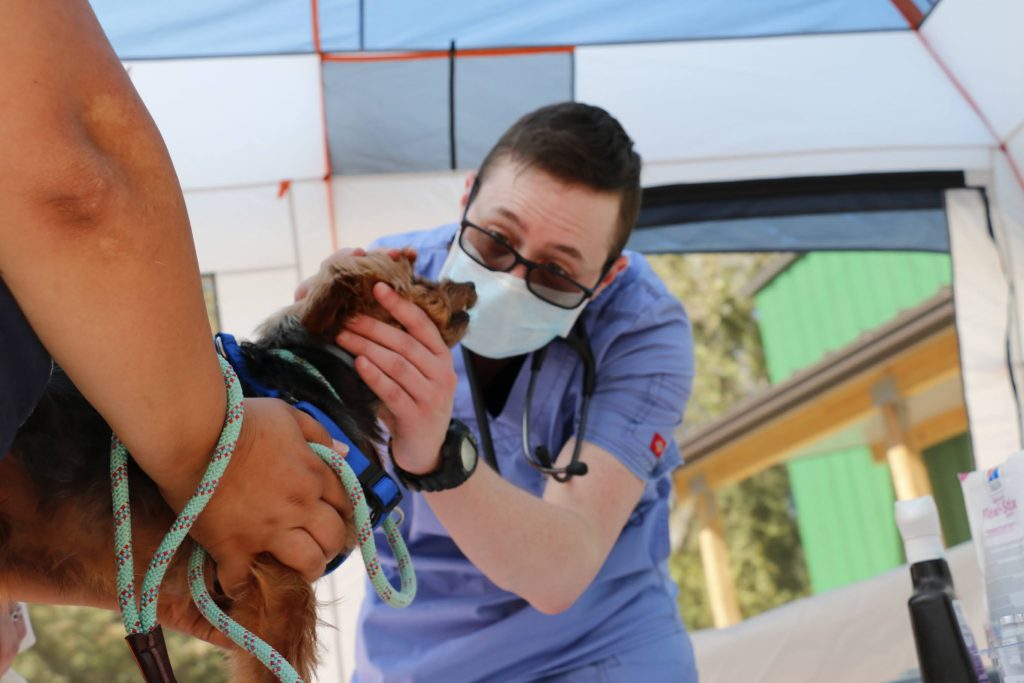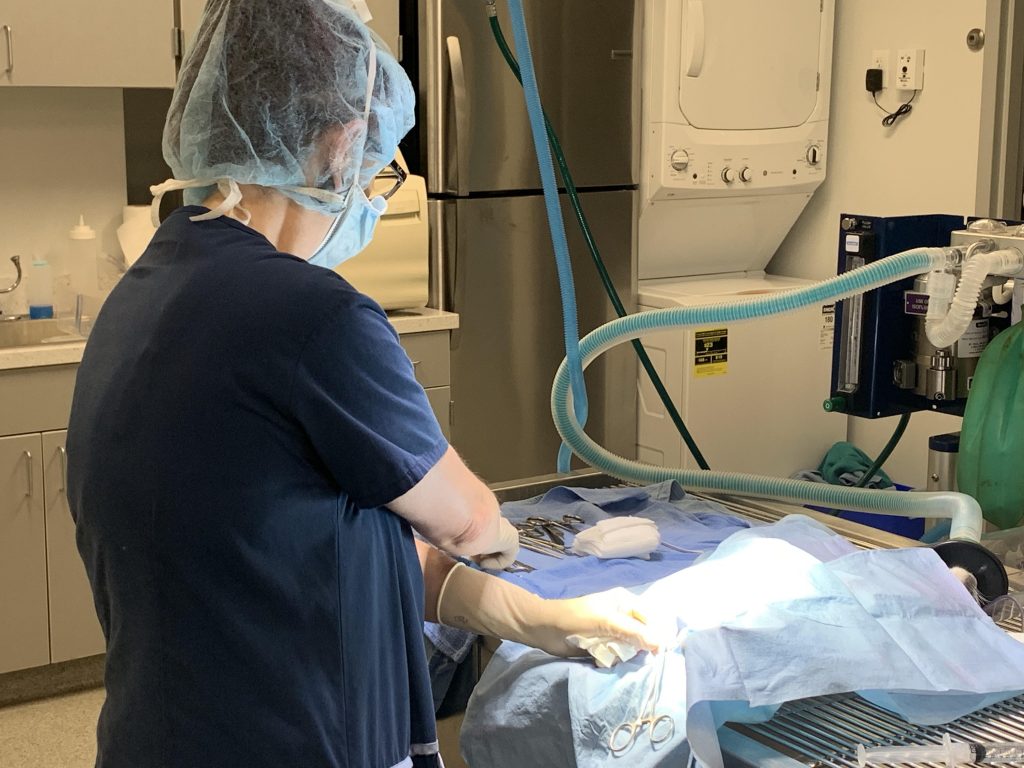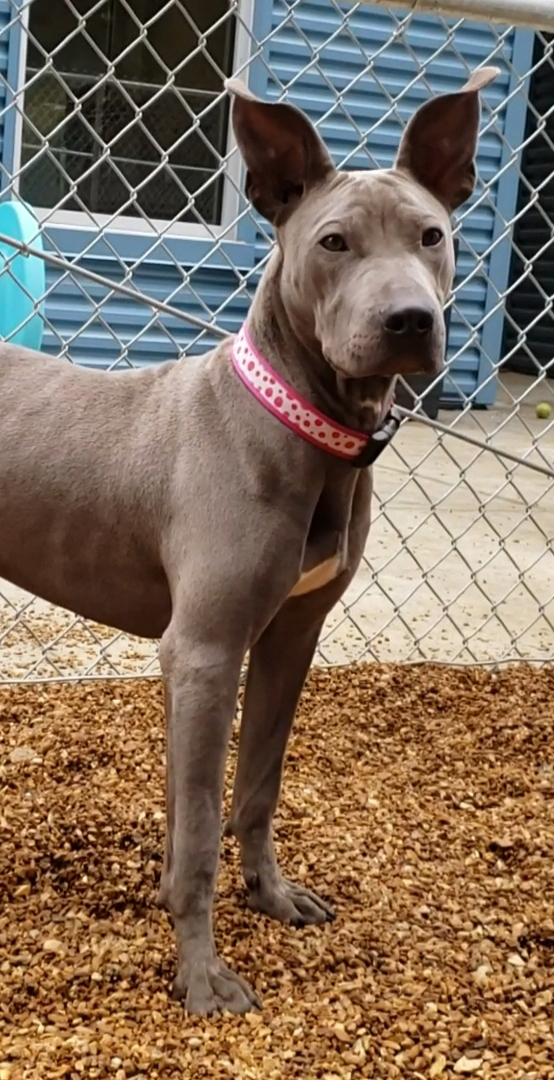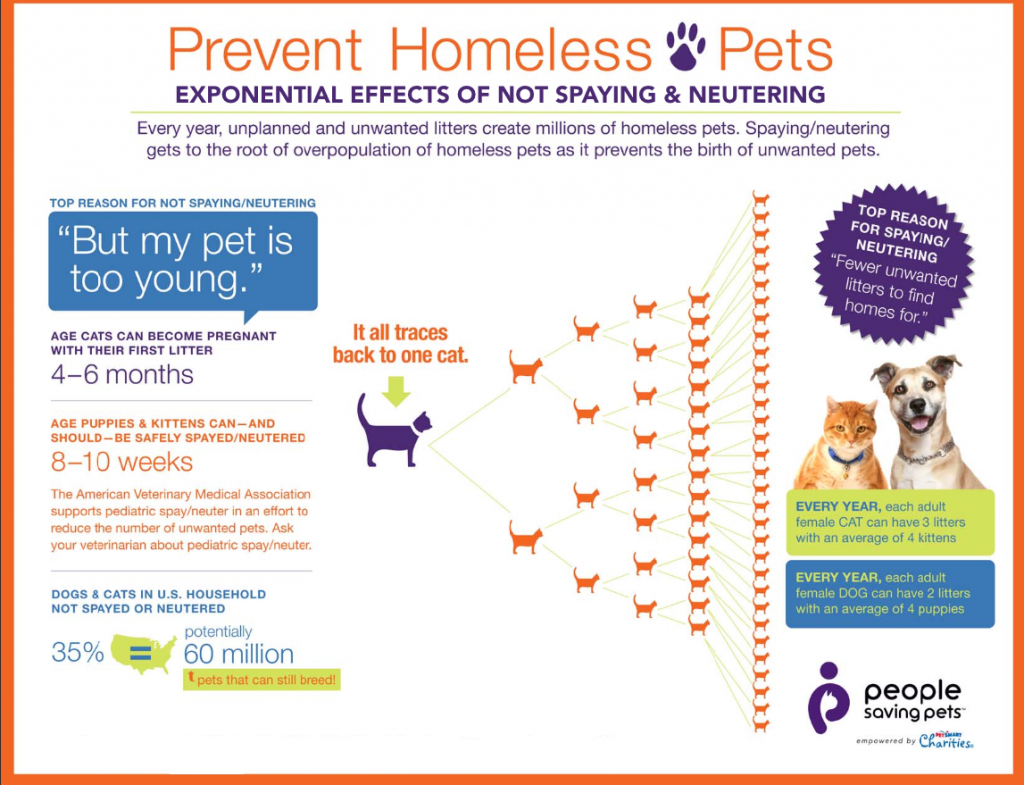We believe every pet owner should have access to affordable services for their pets. That’s why the Lawrence Humane Society offers low-cost spay/neuter and microchipping. Click on the buttons below to learn more about each service.
To schedule a spay/neuter appointment for your pet, click the button below. Please note scheduling is several weeks out!
The Lawrence Humane Society offers vaccines and microchipping to pet owners who need access to preventative vet services at a low-cost through monthly vaccine clinics that are hosted at the shelter or other various locations when we partner with nonprofits.

Lawrence Humane Society is proud to partner with the City of Lawrence to offer our community a comprehensive approach to managing unowned, feral cats in our community.
Thanks to the dedication and hard work from our partners, new ordinances went into effect on May 1, 2019 that will ultimately help our organization save more lives AND reduce the number of unwanted cats in our community by allowing Trap, Neuter, Vaccinate, and Return (TNVR) programs in the community.
This community-focused approach relies on the assistance of animal lovers like you to be a success! For more information, reach out to us at tnvr@lhs.bluesym7.work or 785-856-0174.
Trap, Neuter, Vaccinate, Return (TNVR) is a humane practice of decreasing community cat impact.
First, a community cat is trapped in a humane cage by a member of the public (usually a caretaker, a neighbor, or someone who has an interest in reducing the number of community cats in their neighborhood). This effort can be coordinated through community outreach groups, clinics, or the Lawrence Humane Society, and does not always require Animal Control involvement.
Second, the cat is taken to an organization such as the Lawrence Humane Society or a veterinary clinic that will perform surgery and administer vaccinations. There the cat is inspected to make sure it is a Community Cat and not simply an owned outdoor cat. Then, the cat is vaccinated, altered, and ear-tipped. Finally, the cat is returned to its colony.
For TNVR with the Lawrence Humane Society, the caregiver (defined as who is feeding the cat) is responsible for initiating the TNVR process. The caregiver will set traps, coordinate vetting services, and return cats to their colony location. Lawrence Humane Society will provide support through volunteers and clinic services as needed.
You can remove the food source and eliminate shelter access. You may also use deterites like scent repellents, motion activated, etc. For more information, click here.
If you have a cat on or near your property that is unowned and not ear-tipped, you may call Animal Control. The community cat ordinance only applies to cats that exhibit an ear tip.
The City of Topeka (KS) enacted a similarly worded ordinance in 2010, allowing for the TNVR of community cats. Animal Control saw an increase in requests for cat traps to TNVR cats immediately after the ordinance was enacted, and today has seen a noticeable decrease in nuisance calls about community cats. Additionally, the Helping Hands Humane Society in Topeka has seen a 20% reduction in the intake of all cats since the ordinance was enacted. This was due to the assistance of community partners including the Topeka Community Cat Fix, which has TNVR’d a total of 2,662 community cats in just 4 years.
The city of Jacksonville, Florida, is another example of a community that has capitalized on non-lethal alternatives for controlling free-roaming cats. Over a three-year period (2007-2010), Jacksonville saved approximately 13,000 lives and $160,000 through its TNVR initiatives. Equally important, feline nuisance complaints decreased during this period.
The Feral Fix Program in Salt Lake City, Utah, has also proven to be quite successful. From 2008 to 2010, Salt Lake City’s “save rate” of cats improved over 40%, equaling a total cost savings of approximately $65,000. Shelter cat intake for the years 2009-2010 decreased over 21%. During this same period, there was no increase in feline nuisance complaints.
There are three primary ways that you can get involved:
Volunteers
The Lawrence Humane Society offers a unique community cat volunteer program for interested members of the community. This team plays an integral role as liaisons between the community and the Lawrence Humane Society. They will educate, help trap and transport, and coordinate services PRIOR to trapping. Volunteers will also canvas neighborhoods of known feral cat colonies to initiate the conversation of TNVR with community members and caretakers.
Volunteer opportunities include:
This is a separate volunteer entity from our standard volunteer program. It has its own training programs, orientations and requirements. There will be no minimum hours required each month as the needs of the program will depend on services needed within the community. You do not have to be a current Lawrence Humane Society volunteer to participate in this program. You must be 18 years or older to participate without an associated adult present.
Community members interested in becoming a part of the Community Cat Program please reach out to us at 785-856-0174 or tnvr@lhs.bluesym7.work.
Monetary Donations
Your generosity can help directly grow this program. By giving a gift to our TNVR fund, you will help us provide resources to the community, assist with surgery expenses, and more! Click here to make a contribution today.
In-Kind Donations
Presently, traps and trap covers are our primary need as we get this program off the ground. Additionally, we are in need of falcon gloves, bag nets, tarps, and canned cat food. For detailed information and links to recommended products, please contact us at 785-856-0174 or tnvr@lhs.bluesym7.work.
The Lawrence Humane Society’s Humane Investigation Department is the only humane investigation program in Northeast Kansas.
We are committed to seeking justice for animals throughout the state by assisting animal control and law enforcement in investigating reports of animal neglect and abuse.
We collaborate with law enforcement on cases from the seizure, to case management, to the disposition of the animal. Our team consists of an animal welfare attorney and three humane investigators. Our education, training, and experience makes our team a premier resource for cities and counties needing assistance on these critically important cases.
If you are animal control, law enforcement, or a government staff member working on an animal abuse investigation or pending prosecution, our Humane Investigation department is happy to help.
If you witness an animal in immediate distress (i.e. hit by a car,
being abused, locked in a car), please call 911 immediately!
The most updated information can be found on our “LHS Lost & Found” Facebook page. You can also click the link below to see what animals we have at the shelter.
We understand that sometimes it may be necessary to give up your pet. Our staff is here to help you in those difficult situations, and we will work with you to ensure the best possible solution for you and your pet.
In some instances, the Lawrence Humane Society may be able to offer resources to help you keep your pet through our Crisis Pet Retention Program, including supplies and financial assistance with services. To inquire about our CPR program, please email cpr@lhs.bluesym7.work or call 785-856-0223.
The Lawrence Humane Society accepts owned animals by appointment to ensure we are able to help all animals who need our care. By managing this service, we will always have space for the animals who need the shelter safety net the most — lost, hungry, homeless, injured, or sick animals.
To schedule an appointment, please email us at help@lhs.bluesym7.work or call 785-371-0473.
Appointments are scheduled from 11:30 am to 5:30 pm and, occasionally,
due to space restrictions, may be scheduled as far as two weeks.
The Lawrence Humane Society is an open-admission, nonprofit animal shelter that accepts all animals, regardless of reason for surrender, health, or temperament. We do not assess animals prior to completion of the surrender appointment; a health examination, behavior assessment, and/or history review after your appointment will determine if your pet is suited for our adoption program.
To offset the cost of this evaluation and the care provided to your pet, an Admissions fee is required when you relinquish your pet:
There is never a limit on how long an animal may stay in our shelter and 100% of friendly, healthy, and treatable animals find homes. However, we cannot guarantee placement of any animal. Animals that display aggressive behavior, are unable to thrive in the shelter environment, or are suffering from medical conditions that we cannot treat, may be humanely euthanized.
The Crisis Pet Retention Program provides resources to pet owners experiencing crises relating to poverty, houselessness, job loss, or other systemic issues and inequities. Funds for this program allow the Lawrence Humane Society to proactively ensure that Douglas County residents do not suffer through giving up a family pet because of financial hardship.
If you need assistance, you can learn more about how the LHS CPR Fund can help you and your pet by clicking the button below.
1805 E. 19th Street, Lawrence, KS 66046
(785) 843-6835
© 2021 | a 501c3 organization
The Lawrence Humane Society believes spaying or neutering your dog or cat is part of responsible pet ownership. By spaying or neutering your pet, you’re doing your part to help control the pet homelessness crisis. There are also medical and behavioral benefits for your animals! Every pet owner should have access to these services, regardless of income. That’s why our expert team of veterinarians are proud to offer low-cost spay/neuter services to our community.

When you come to Lawrence Humane Society to spay or neuter your pet, you’ll only have to make one visit. There is no pre-surgical procedure and you do not need to come back for stitch removal, as we use fully dissolvable sutures. You will be able to leave with your dog or cat the same day you bring them! We offer these services by appointment only.
To schedule an appointment for your pet, please click the button below to choose which service you’d like and what day. Please note scheduling is several weeks out at the moment!
Cost:
*no changes to pricing for age or size of the animal
Restrictions:

An animal needs to have a litter/one heat before sterilization.
Medical evidence indicates just the opposite. In fact, the evidence shows that females spayed before their first heat are typically healthier.
It’s not natural to spay/neuter and will upset my dog or cat.
The domestication of animals removed them from the “natural order” and placed responsibility for their care with humans. Applying human emotions to animals is neither realistic nor applicable when it comes to identifying a need for sterilization.
But my dog (or cat) is so special, I want a puppy (or kitten) just like her.
Your pet’s puppies or kittens have little chance of being an exact copy of your pet. Even professional breeders cannot make this guarantee. There are homeless pets waiting for homes who are just as cute, smart, sweet, and loving as your own.
